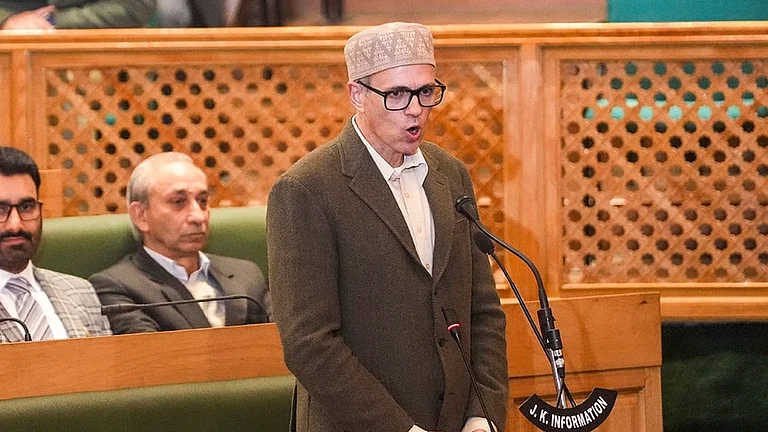Nirva, the last free-ranging South African cheetah at Kuno National Park in Madhya Pradesh has finally been traced by authorities weeks after a hunt was launched as its radio collar stopped working. The intense search operation for the female feline lasted 22 days. Her collar stopped working on July 21, according to a release issued by the Chief Wildlife Warden of the Madhya Pradesh forest department.
The search was alarmed by the death of two male cheetahs in July due to a maggot infection caused by the radio collars. According to reports, officials have since been tranquilising the other cheetahs, removing the collars and returning them to their enclosures.
On Saturday, authorities received her location via satellite. The information about her location was from the evening of August 11, the release stated. Drone teams were given the task of keeping track of Nirva's location throughout the night.
The search resumed at 4 am on Sunday morning and she was caught around 10 am in Dhoret range of the Kuno National Park, after which a health check-up was conducted on her.
According to the state department, Nirva is healthy and has been kept inside a boma (enclosure) for a further health check-up. All 15 cheetahs – seven males, seven females and one female cub – at Kuno are now kept in bomas. They are continuously being monitored on health parameters by Kuno's team of veterinarians.
On September 17 last year, under the ambitious Cheetah Reintroduction Project, eight Namibian cheetahs – five female and three male – were released into enclosures at the Kuno National Park. Twelve more cheetahs arrived from South Africa in February this year.
In March, four cubs were born to a Namibian cheetah named Jwala, but three of them died in May. Six of the adult cheetahs have also died since then due to reasons unknown, taking the total death count of cheetahs, including three cubs, to nine.


























